Planning inspector voices noise concerns and fears for future of longstanding nightclub
Developers behind Architecture:m proposals for a 116-home residential scheme in Birmingham’s Gay Village district have lost an appeal over the plans.
Birmingham City Council failed to determine Prosperity Developments’ application to build the 12 storey development opposite long-established LGBTQ+ venue the Nightingale in line with government timescales.
Last year, members of the city council’s planning committee indicated they would have refused the applicaion if the decision was still in their hands, citing noise concerns for future residents among their reasons.
As part of its appeal, Prosperity Developments argued that soundproofing measures proposed for the Kent Street block would result in a noise rating for residents of NR20 when the 2,000 capacity club is busiest – the same as that of a neighbouring scheme approved at appeal in 2007.
But in an appeal decision published this month, planning inspector JP Sargent sided with councillors. He took a different stance to the inspector who presided over the earlier decision over the impact of noise from the club, which is open until 4am or later on Fridays, Saturdays and Sundays.
“She came to the view that the bass beat from the Nightingale’s music would not be inaudible in those units but rather would be ‘a dull low thud’ that would still allow residents to fall asleep,” Sargent said in his report.
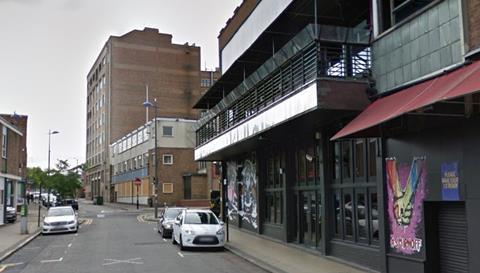
“There would be a close and direct relationship between this development and the Nightingale, and the regular consistent bass beat from the music would be experienced for a greater part of the night over a number of consecutive days.
“On the evidence before me, it has not been shown that, even at the reduced level achieved by the intended soundproofing when the windows are closed, the bass beat would not be sufficiently disruptive or intrusive to impair sleep.”
The Nightingale has been a Birmingham institution for more than 50 years, and has been at its current Kent Street location since 1994. But concerns have grown in recent years that increased residential development in the former commercial area where Birmingham’s Gay Village is located represents a threat to longstanding entertainment venues.
Sargent acknowledged the issue in his decision. “If the scheme is allowed and its residents then contended that noise from the nightclub had a severe adverse effect on their living conditions, it is likely that any action would be considered under statutory nuisance subject to the Environmental Protection Act 1990,” he said.
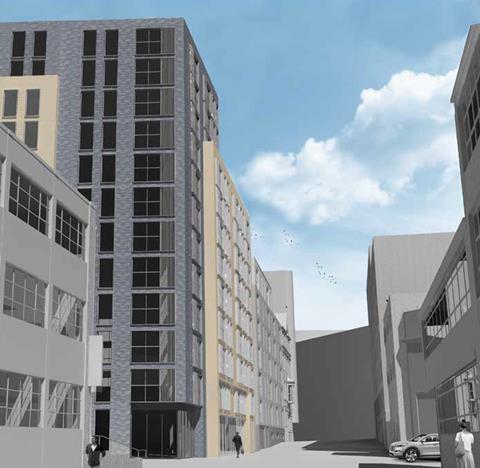
“If it was found such nuisance existed, it could result in restrictions being placed on the Nightingale that could be potentially significant for the operation of those premises, adversely affecting the positive role it played in the city’s night-time economy and the diversity of the area.”
The planning inspector concluded that despite a shortfall in Birmingham City Council’s new-homes delivery pipeline, and the incorporation of 11 “affordable” homes into the Kent Street scheme, the proposals should be rejected.
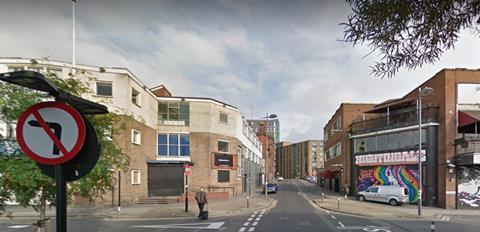
“It has not been shown that many of the units would offer a suitable standard of accommodation for future residents, and so [the development] would be a poor addition to the housing stock,” he said.
Sargent also noted that the allowing the development to go ahead could cause unreasonable restrictions to be imposed on the operation of the Nightingale, which would be in conflict with paragraph 187 of the National Planning Policy Framework.
That paragraph of the core government guidance calls for new development to be integrated effectively with existing businesses.
Last month, Birmingham City Council planning officers reccomended refusal for a 133-home Corstorphine & Wright scheme earmarked for another site on Kent Street, citing concerns about noise-mitigation measures and the impact on the Nightingale.
The proposal was withdrawn before the planning committee meeting took place.


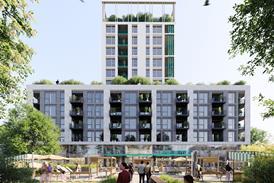


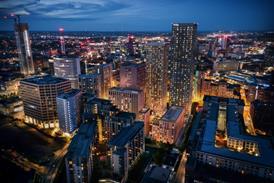



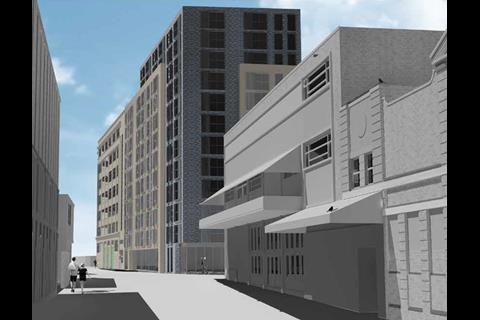



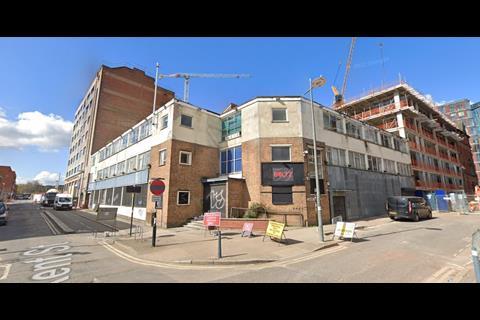







No comments yet